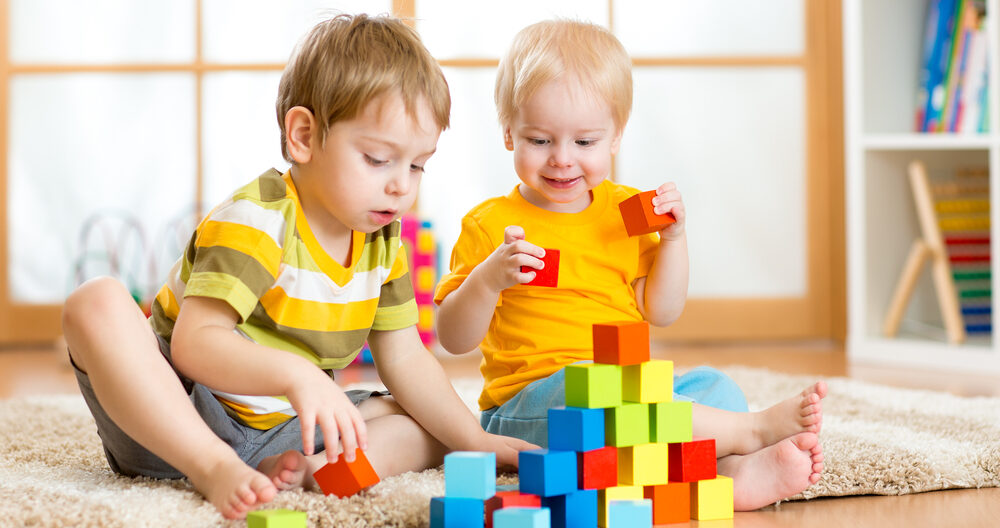The Opposite of Anxiety is not Calm
We all face stressors in our lives.
Some of us are lucky enough to be equipped with a well-developed prefrontal cortex which can support us in managing or regulating our emotional responses to these stressors.
Young children require the assistance and support of trusted adults in their lives at times when their emotions are in overdrive.
Children do not have well developed areas of their brain that allow them to reason, problem solve and reflect upon their thoughts, feelings and behaviour.
As the school holidays are now here in Australia, it is timely to remind ourselves that many children but particularly those with Autism are vulnerable to increased stress and anxiety when faced with
Uncertainty or a lack of Predictability.
The school holidays involve much uncertainty. Routines are changed as are environments, people and food. Large family and other gatherings take place.
Whilst most of us enjoy a holiday…Not many of us enjoy uncertainty or a lack of predictability in our lives.
Young children who are yet to fully develop their reasoning and emotional regulatory abilities are more vulnerable than adults to feeling stressed by a lack of certainty and predictability in their lives. They may respond well however to trusted adults in their lives supporting them during these moments.
The key word in that last sentence = TRUST.
Let’s remind ourselves that children who are autistic are at particular risk of experiencing stress and overwhelm when their world feels uncertain. They can be left in a state of hyper-caution.
In order to feel emotionally well regulated, one most first feel trust and safety. It can be so difficult for children to develop trust in people, activities and experiences when they are in a state of confusion and hyper-vigilance.
At these times, when we observe children to be shutting down, melting down, or engaging in repetitive behaviours, we do well to first chase the ‘why’ ….
Why is the child behaving in this way? What emotion might be driving the behaviour we are seeing the child exhibit. What triggers might be causing that emotion to arise? What can we do that will best support the child in this moment?
By taking that moment to reflect before we respond, we can better understand where a child’s behaviour is truly coming from. Then we can respond in a manner that supports the child to feel safe.
Our children will only respond to our efforts to support them if they trust us.
Barry Prizant (Speech Language Pathologist and author of my favourite text on ASD ‘Uniquely Human’) https://barryprizant.com/uniquely-human/provides some terrific tips that I often refer to. I have summarised them for you below from an old article her penned for the Autism Spectrum Quarterly (2009). Still as helpful today as it was then. I hope these tips help you, a family friend or a colleague to better understand and support our children who face challenges associated with Autism:
Acknowledge Communicative Attempts
A core element of a trusting relationship is the feeling that others ‘hear’ or ‘get’ you. It can sometimes be tricky to decipher the non-conventional […]


